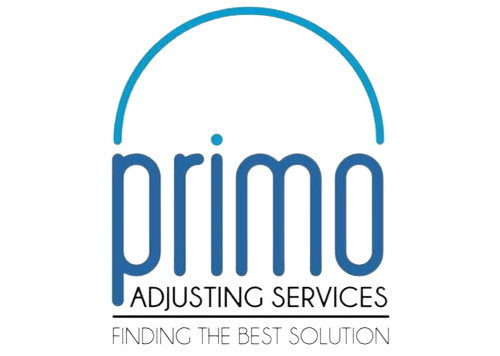SCHEDULE YOUR FREE INSPECTION TODAY - CALL US 786-740-8641
Lakeland Hurricane Milton Property Damage Claims Help
Understanding Hurricane Damage Claims After Hurricane Milton
In the aftermath of Hurricane Milton, West Florida residents are faced with the daunting task of assessing property damage and seeking compensation for their losses. Hurricanes can cause significant destruction, from flooding to wind damage, and understanding the claims process is crucial for homeowners looking to recover. This guide will provide you with essential information on navigating the complexities of property damage claims after a hurricane, ensuring you take the right steps toward recovery.
Assessing the Damage
Once the hurricane has passed, your first step should be to assess the extent of the damage to your property. This assessment should include:
- Structural Damage: Check for cracks in the walls, roof damage, or any signs of structural instability.
- Water Damage: Look for signs of flooding in your home, including water stains, mold, or damaged flooring.
- Contents Damage: Take inventory of damaged personal belongings, including furniture, electronics, and appliances.
Documenting all damage is vital for your insurance claim. Use your phone or camera to take clear pictures of the affected areas and items. These records will serve as crucial evidence when you file your claim.
Understanding Your Insurance Coverage
It’s essential to understand what your insurance policy covers. Many homeowners may assume they are fully protected against hurricane damage, but policies can vary significantly. Here are some key points to consider:
- Homeowners Insurance: Most homeowners insurance policies cover wind damage but may not cover flooding unless you have specific flood insurance.
- Flood Insurance: If your property is prone to flooding, you should have a flood insurance policy through the National Flood Insurance Program (NFIP). This insurance can cover losses due to water damage that standard homeowners policies typically do not.
- Additional Living Expenses (ALE): If your home is uninhabitable due to damage, your policy may cover additional living expenses while you find temporary housing.
For detailed information about flood insurance, visit the
FEMA National Flood Insurance Program.
Filing Your Claim
Filing a property damage claim involves several steps. Here’s how to effectively file your claim:
- Notify Your Insurance Company: Contact your insurance provider as soon as possible to report the damage. This will initiate the claims process.
- Provide Documentation: Submit your documentation, including photographs and a detailed inventory of damaged items. The more thorough your documentation, the better your chances of receiving fair compensation.
- Understand the Claims Process: Each insurance company has its own procedures for handling claims. Be sure to ask your insurance adjuster about the timeline and what to expect during the claims process.
- Keep Records: Maintain copies of all correspondence with your insurance company, including emails, letters, and notes from phone calls. This will help you track the progress of your claim.
Hiring a Public Adjuster
Many homeowners choose to hire a public adjuster to assist with the claims process. A public adjuster is an independent professional who works on behalf of the policyholder to help maximize their claim. They can provide several benefits, including:
- Expert Knowledge: Public adjusters are experienced in assessing property damage and understanding the claims process. They can help you navigate the complexities of your policy.
- Negotiation Skills: Adjusters are skilled negotiators who can advocate for your interests, ensuring you receive the compensation you deserve.
- Time Savings: Managing a property damage claim can be time-consuming. A public adjuster can handle much of the legwork, allowing you to focus on recovery.
Safety and Recovery Resources
As you work through the claims process, be sure to prioritize safety. The aftermath of a hurricane can be hazardous, with risks such as downed power lines, unstable structures, and contaminated water. Follow local authorities' guidelines regarding safety and recovery efforts.
You can find valuable resources for recovery at the following links:
- FEMA Hurricane Resources: Offers guidance on disaster assistance, recovery programs, and resources available to affected individuals.
- National Weather Service Hurricane Safety: Provides information on safety precautions and recovery actions after a hurricane.
Preparing for Future Hurricanes
While recovering from Hurricane Milton, it's crucial to prepare for future storms. Consider the following actions to better protect your property:
- Review Your Insurance Policy: Make sure your coverage meets your current needs, especially regarding flood insurance.
- Create an Emergency Kit: Stock up on essential supplies, including food, water, flashlights, and a first-aid kit.
- Develop an Evacuation Plan: Have a clear plan for evacuating your home and ensure all family members are aware of the procedures.
- Install Protective Measures: Invest in storm shutters, reinforced doors, and other protective measures to minimize damage during future storms.
Take the Next Steps for Successful Hurricane Damage Recovery with Primo Adjusting Services
Recovering from Hurricane Milton is a challenging process, but understanding how to navigate property damage claims can make it more manageable. By assessing damage, understanding your insurance coverage, and seeking professional assistance if needed, you can work towards obtaining the compensation you deserve. Remember to prioritize safety and utilize available resources during this time.
For expert assistance with your property damage claims, consider reaching out to
Primo Adjusting Services. Our experienced team is dedicated to helping homeowners recover compensation and rebuild after natural disasters.
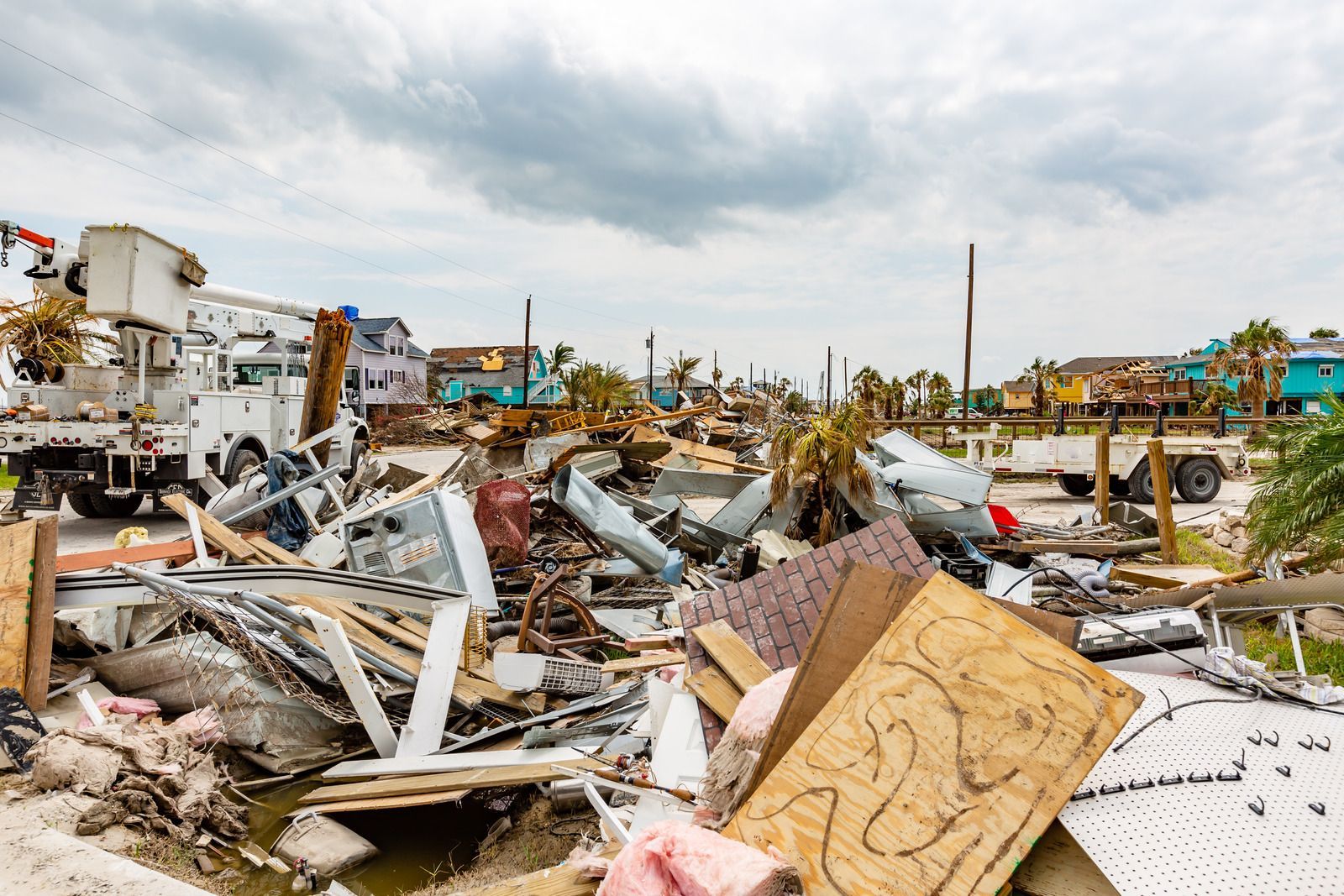

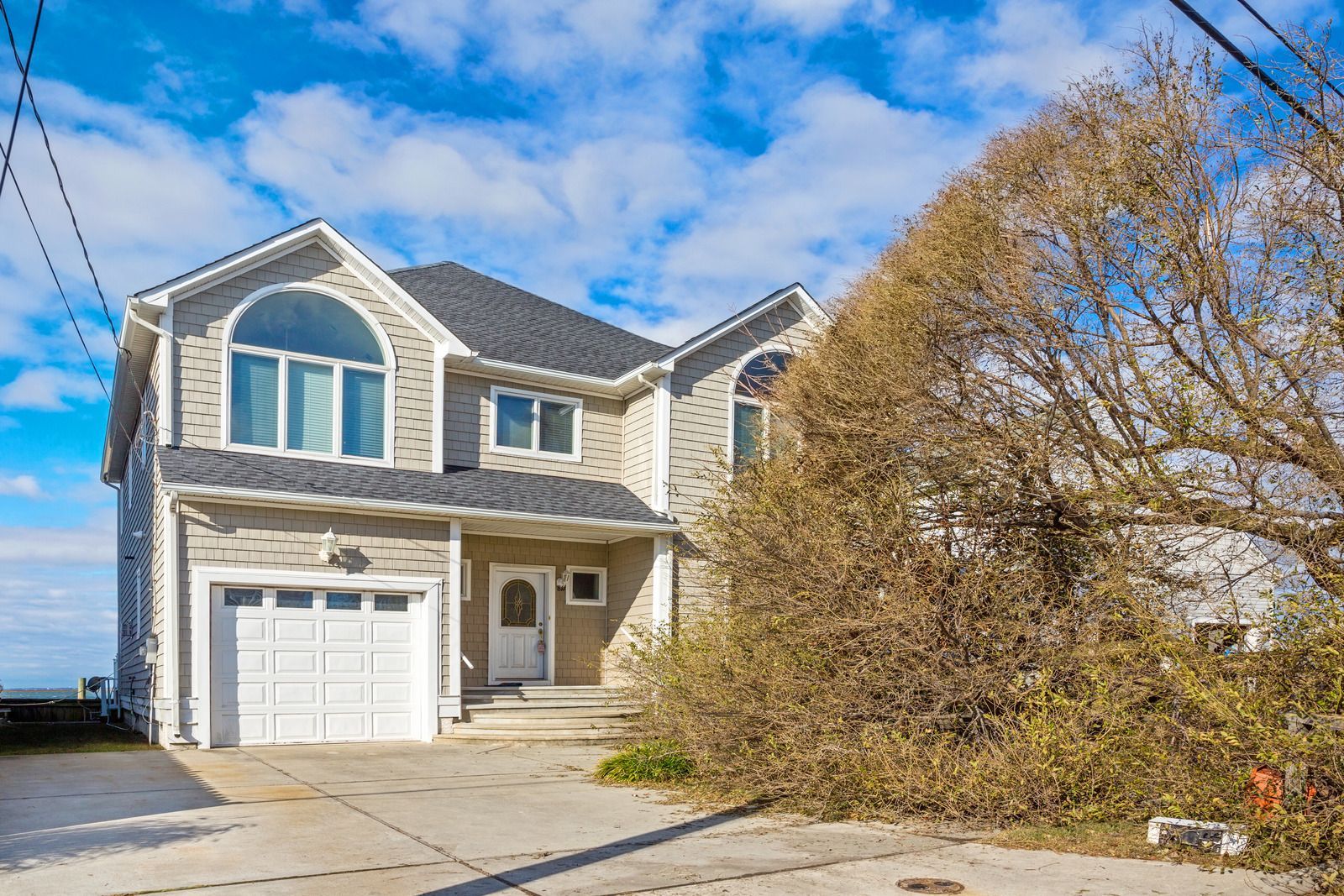
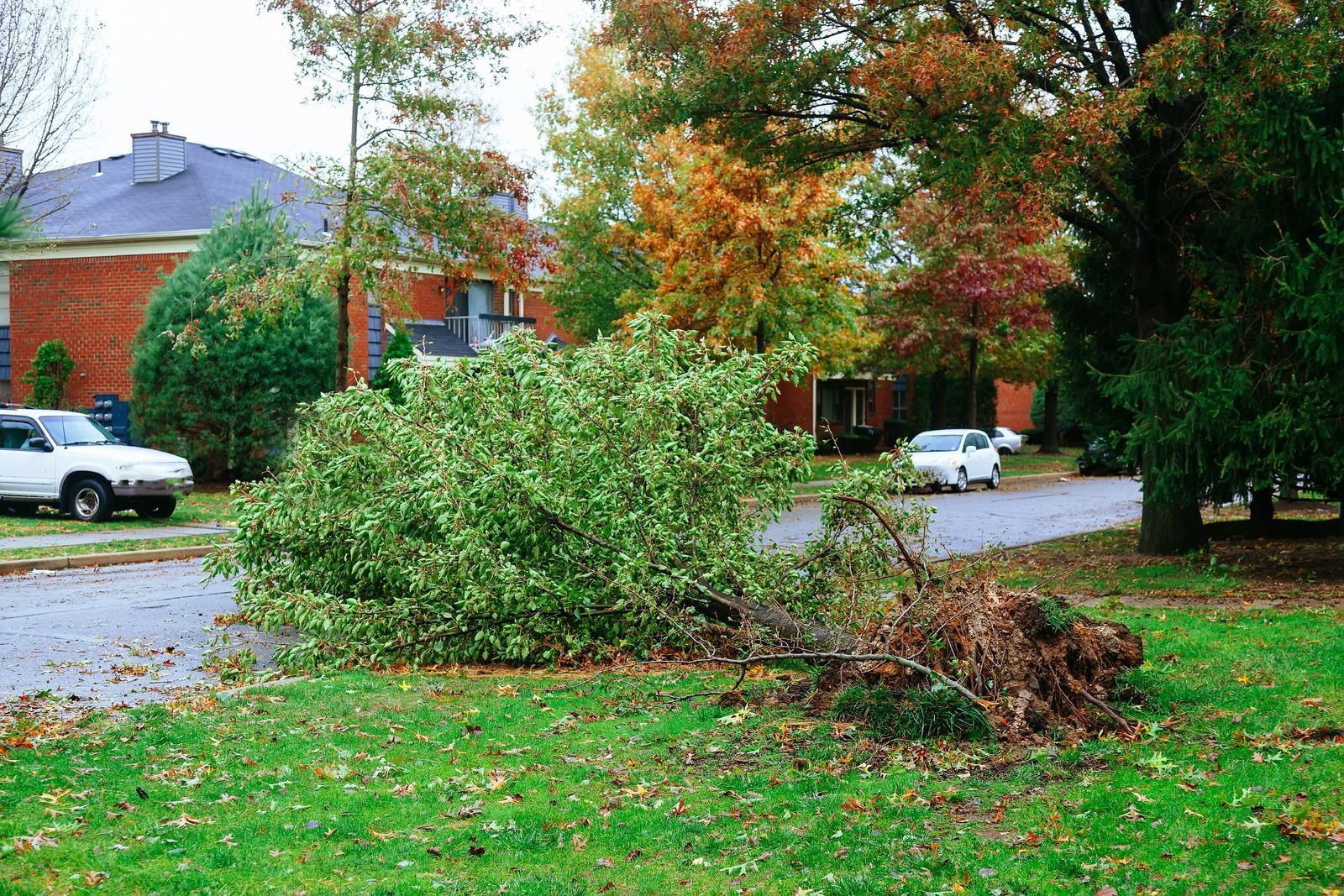
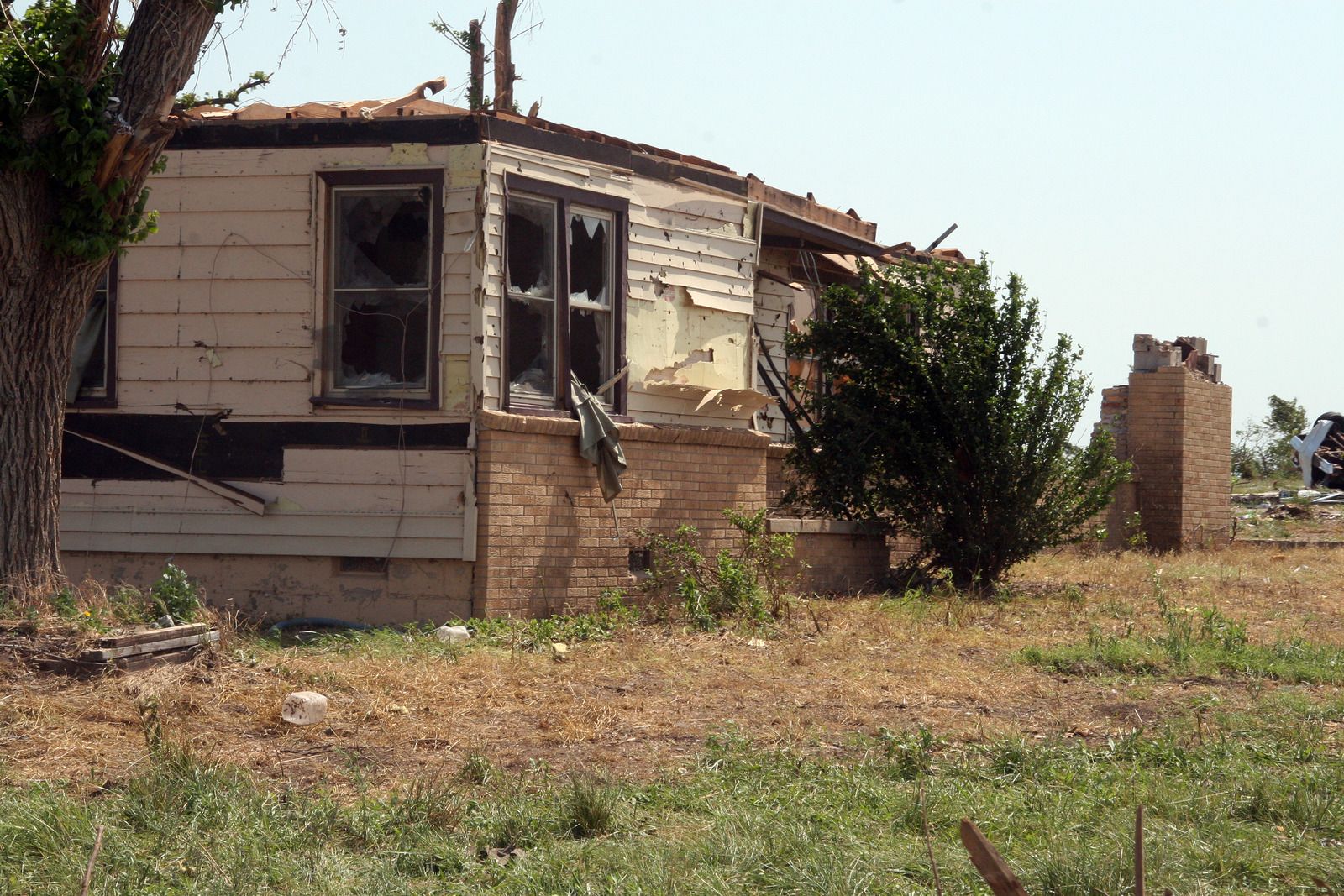

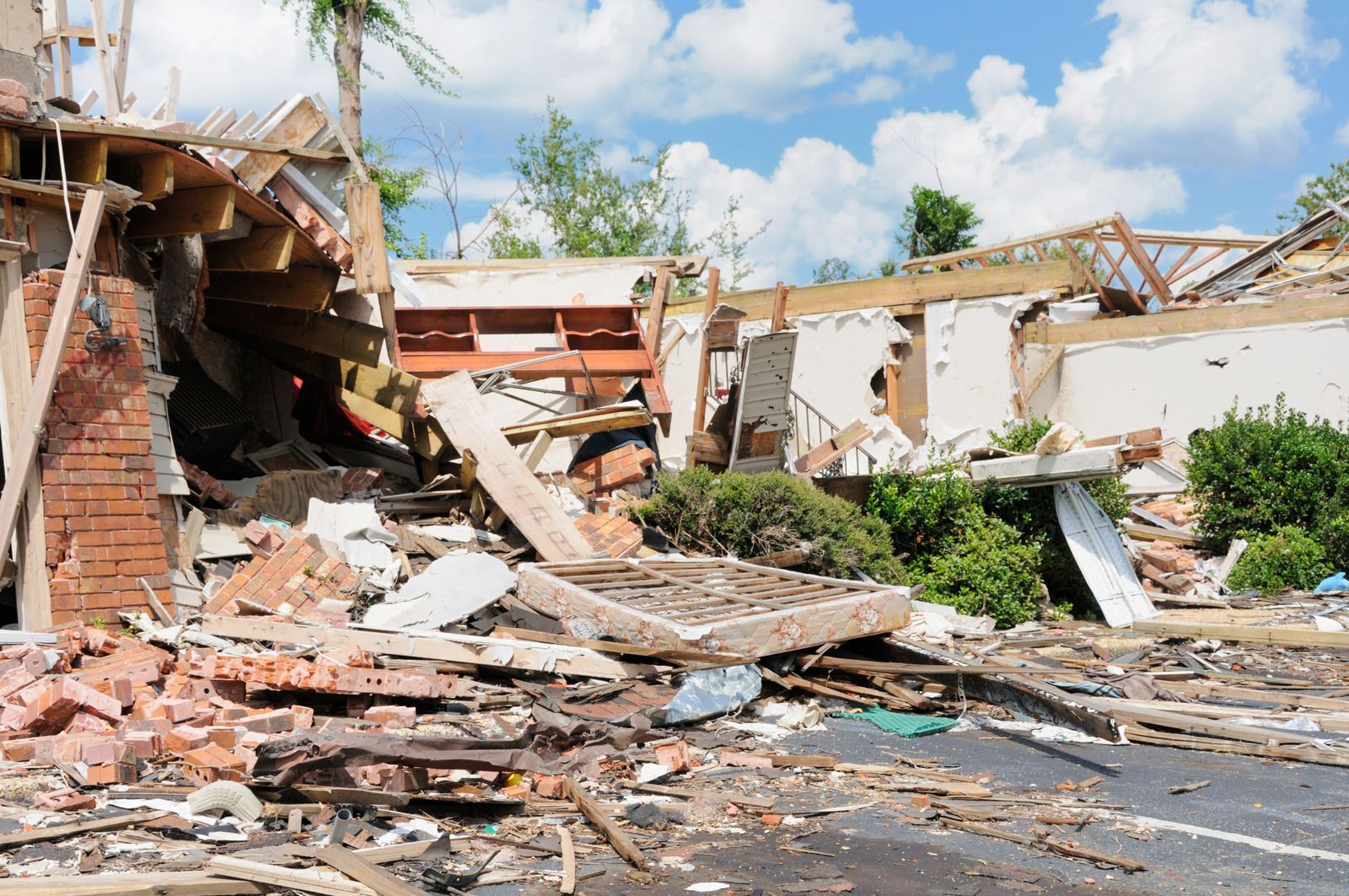
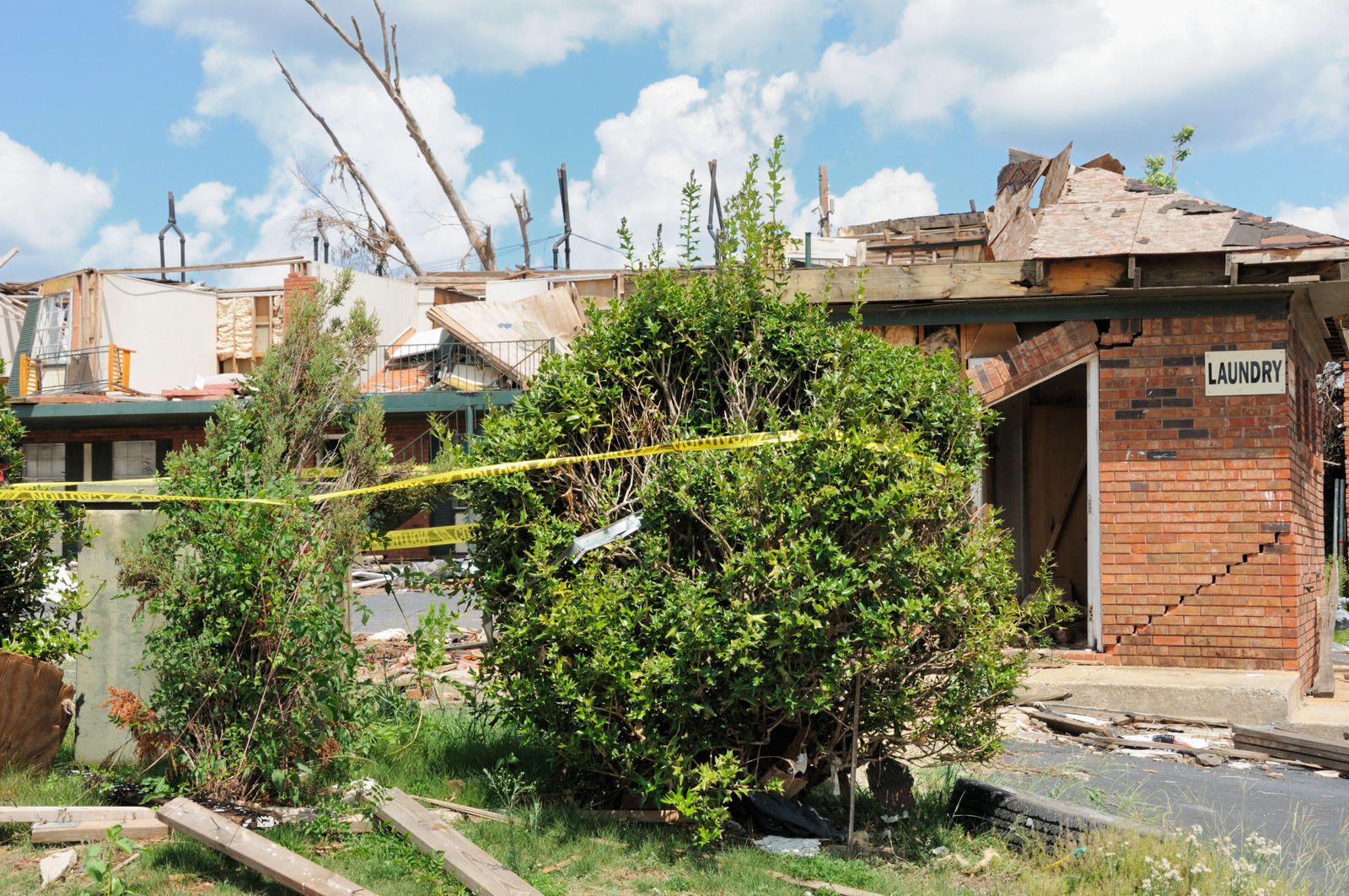
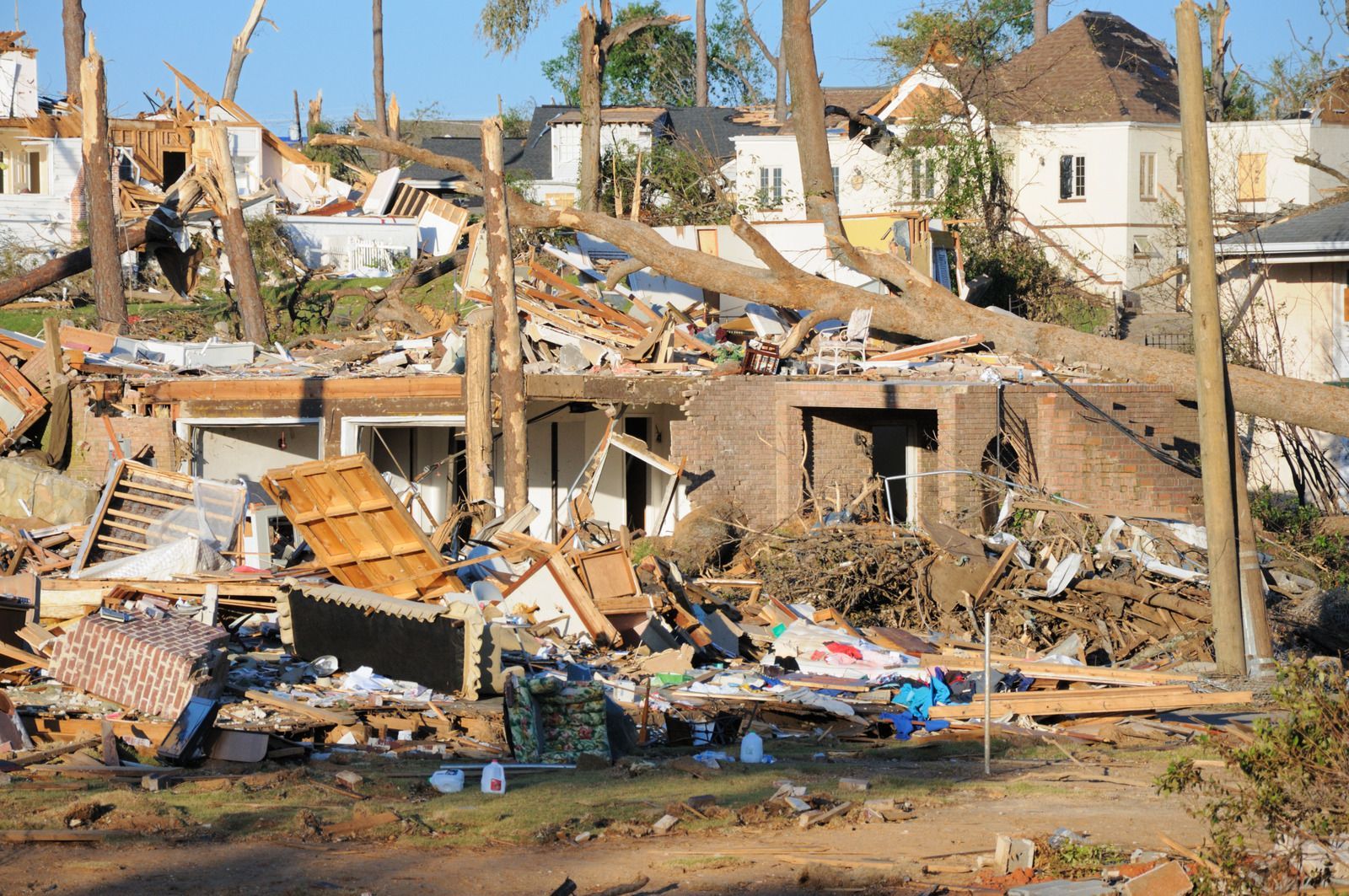
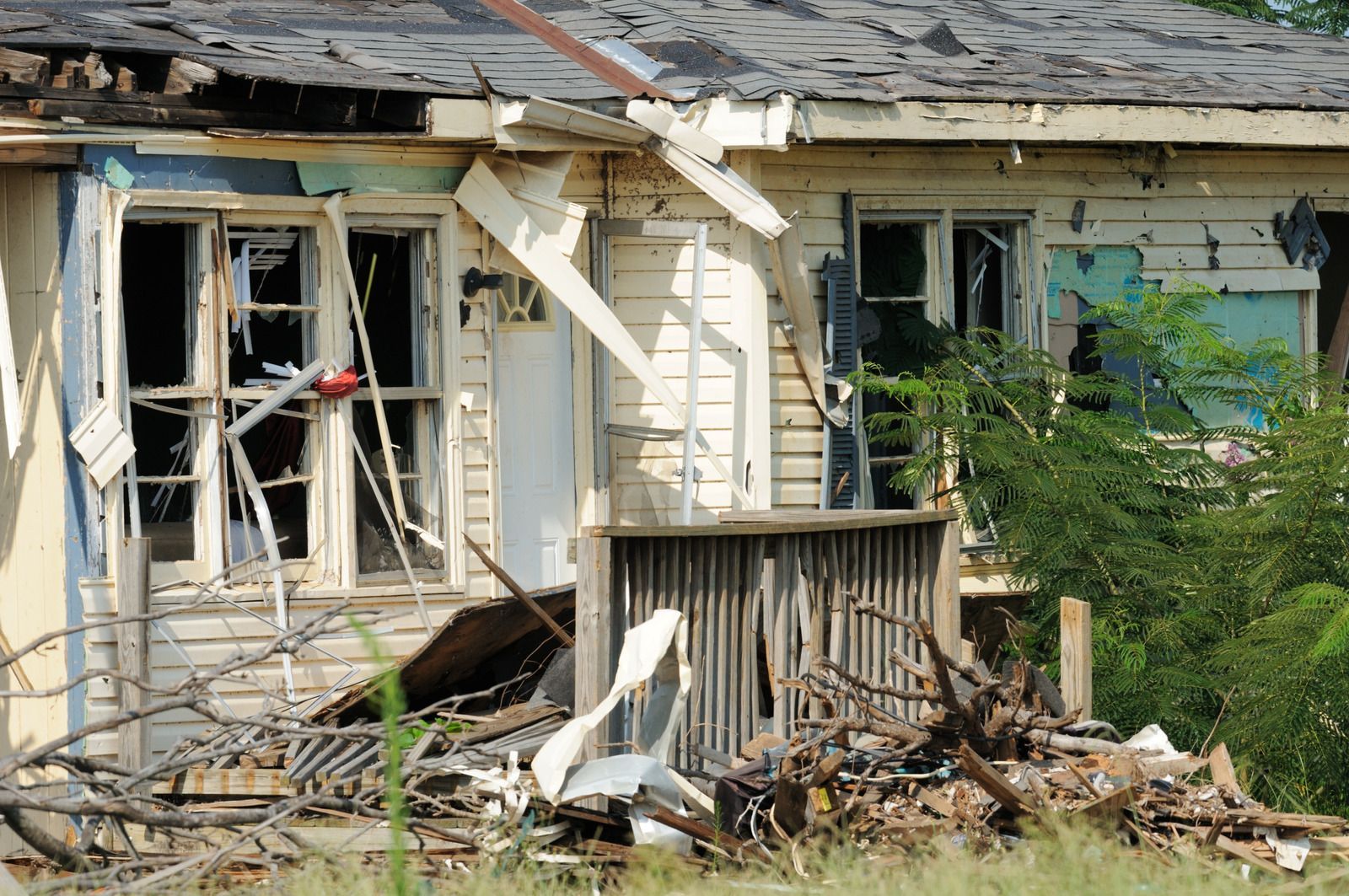

Contact Us Today!

